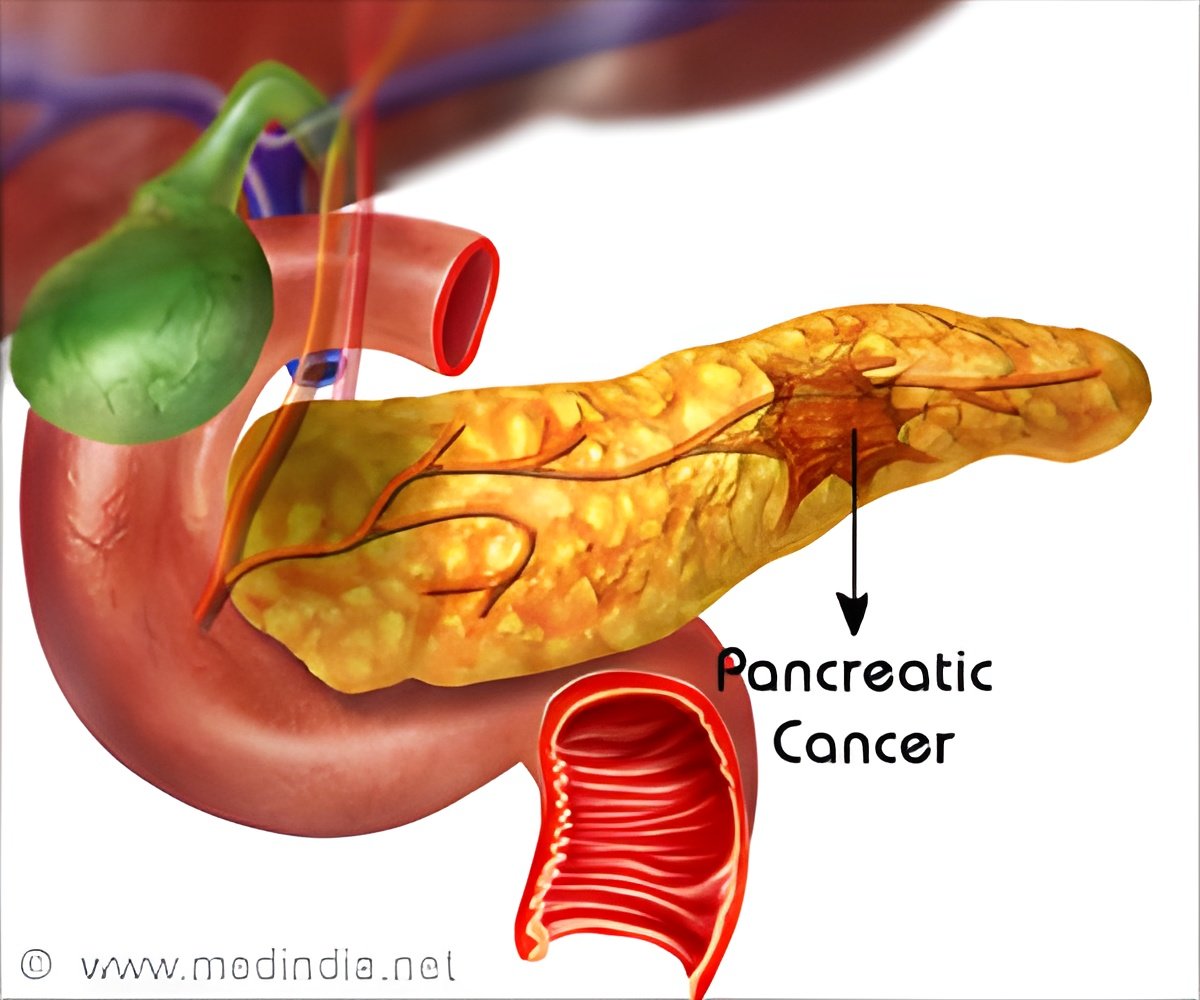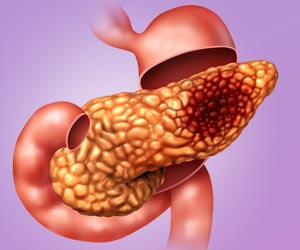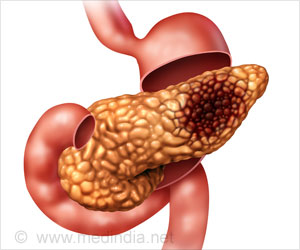
‘New drug designed can target two genes of deadly pancreatic cancer at a time to fight cancer.’
Tweet it Now
The drug would be a first-in-class, new therapy for pancreatic cancer and a new conceptual framework for developing other drugs.Pancreatic cancer is characterized by early metastasis and a poor response to chemotherapy. Gemcitabine, a chemotherapy drug with only modest clinical benefit, remains one of the mainstays of treatment for advanced pancreatic cancer.
Although various multidrug regimens that combine gemcitabine with other chemotherapeutic or molecular-targeted agents have been evaluated, only three combination regimens have been approved by the Food and Drug Administration, and most of them failed to significantly prolong the survival of patients with pancreatic cancer in clinical trials. Stromal depletion and immunotherapy also have been proposed to offer substantial promise for treating advanced pancreatic cancer, but their therapeutic impact remains unclear.
The two cancer-causing genes linked in pancreatic cancer are a nuclear factor of activated T cells1 (NFAT1) and murine double minute 2 (MDM2), a gene that regulates (and depletes) the tumor suppressor gene called p53. If there are no tumor suppressor p53 present, MDM2 will cause cancer on its own. NFAT1 up-regulates MDM2 expression and encourages tumor growth.
"We developed a synthetic compound that we call MA242, and it can deplete both proteins at the same time increasing specificity and efficiency of tumor killing," said Zhang. "In our molecular modeling study, MA242 is a potent dual inhibitor." Though it is human-made, the new compound is based on a type of sea sponge.
Advertisement
Healthy individuals have low levels of MDM2 and NFAT1, but diet, nutrition, and environment can cause higher levels in cells, said Zhang. In previously published work, Zhang revealed that certain natural foods and products, like broccoli, soybeans, green tea, and turmeric, have shown potential for cancer prevention and therapy.
Advertisement















